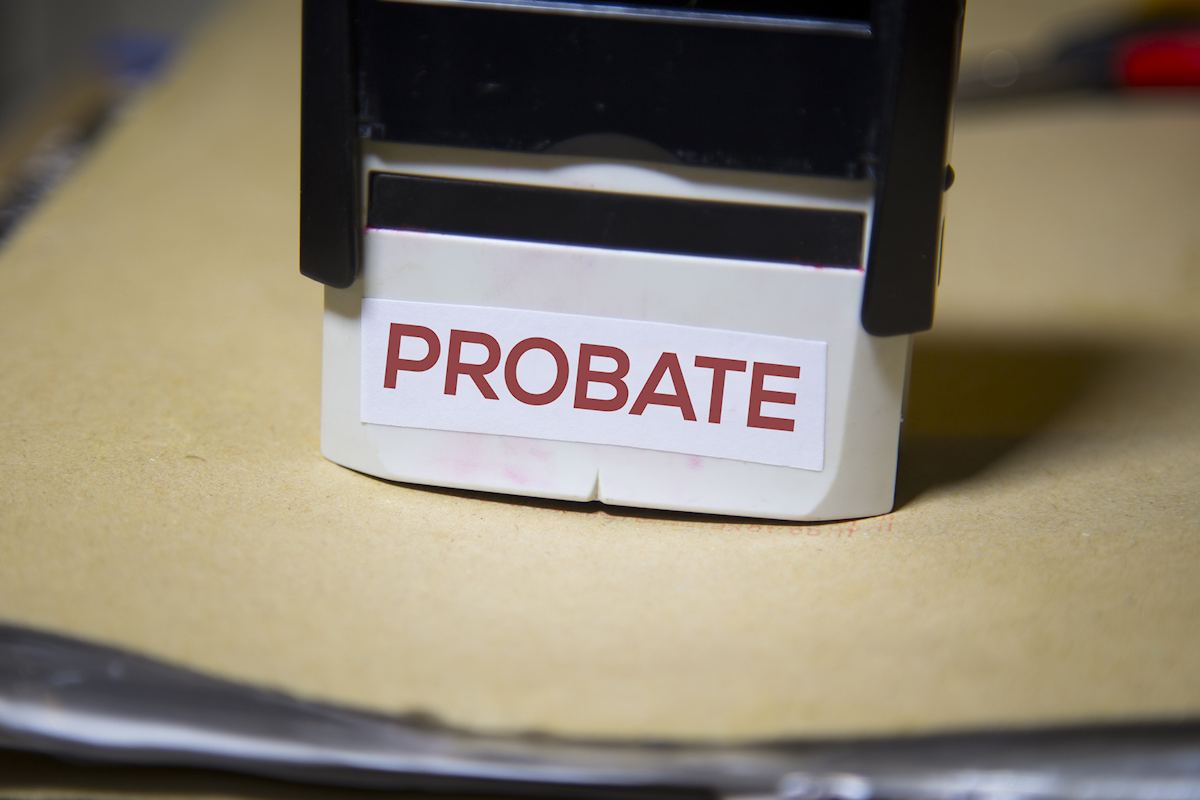Following the passing of his sister, our client had agreed with his elderly father that he would administer the estate for him. The deceased had died without leaving a will, which meant that in accordance with the intestacy rules the father was the sole beneficiary entitled to his daughter’s estate.
Having conducted some basic research online, our client came across a website which purported to set out in several numbered steps how probate could be obtained, and the estate dealt with. Armed with this knowledge our client decided that he would proceed without professional assistance. Our client knew that the deceased had owned a property and a small number of shares in a pharmaceutical company. Having read the numbered steps on the website he assumed all he had to do was obtain a grant of representation and administer the estate – how hard could this possibly be?
Following a conversation with a friend in the pub, our client was talked into using his expertise as a property developer to redo the deceased’s property with a view to maximising the return on resale. According to his friend he could cash in ‘big’ by doing the property up and generating a large profit on resale. Using his own funds to carry out the renovation and his own property developing company of which he was the sole shareholder and director our client set about the task of completely renovating the property.
Two years had now passed and our client was being heavily scrutinized by the beneficiary. The beneficiary felt that our client was not administering his sister’s estate in accordance with his legal duties and was unnecessarily delaying the process. In addition, third party creditors to whom the estate owed money were threatening to take court action against the estate. Our client finally decided to take legal advice and asked us to review his actions and provide advice on the legitimacy of the beneficiary’s accusations.
Having checked our client’s paperwork we immediately became concerned about our client’s desire to renovate the property with a view to selling it on for personal gain. We advised our client that this constituted self-dealing. The Court in Keech v Sandford (1726) ruled that if a trustee makes profit (whether directly or indirectly) from property subject to a trust he must account for that profit to the beneficiary. This rule also applies to personal representatives.
Our client realised that he needed professional help and instructed us to deal with the matter. During our instruction, we achieved the following outcomes for our client:
-
- We discovered that there was a private pension scheme and a lump sum was payable to the estate worth £82,076.25. This was overlooked by our client. Unfortunately, due to the delay in dealing with the estate HMRC made a 40% tax charge as the lump sum was being claimed over two years after the date of death. The result was that together with the deduction of the usual taxes the value of the lump sum was dramatically reduced to £36,934.31.
-
- We submitted a corrective inheritance tax account to HMRC. The account lodged by our client did not take into account liabilities and the valuations he had provided were incorrect and on that basis, HMRC calculated that inheritance tax was payable. Using our experience to properly take account of the available reliefs our calculation determined that the estate was in fact just below the nil rate band so no inheritance tax was payable.
-
- During the time our client administered the estate, our client did not open a separate “administrators account”, mixed estate monies with personal monies, did not keep a detailed recorded of income received from share dividends or keep full evidence of his “administrator’s expenses”. We worked with our client to prepare a detailed estate account for the beneficiary and a comprehensive estate report to accompany this to explain discrepancies.
- The relationship between our client and his father turned quite sour. We successfully managed to negotiate the position between the two parties preventing the matter from going to Court. The beneficiary agreed that our client’s expenses incurred in connection with the renovation of the property could be repaid from the estate even where it appeared that our client may be ‘profiting’ from the situation.
You will find many resources online which will provide basic guidance on how to obtain a grant of probate/letters of administration but the obligations of being an executor/administrator are never adequately explained. For a lay person, it can be very difficult to know whether the estate has been administered in accordance with Section 25 of the Administration of Estates Act 1925 or whether assets or liabilities have been overlooked.
When you are required to act as an executor/administrator, it is important to bear in mind, you are personally liable to beneficiaries of the estate for any losses incurred during the estate administration process. Solicitors or probate practitioners will have the necessary knowledge, resources and systems in place to ensure the estate administration process is carried out correctly. We recommend that you always take proper legal advice even if you think the process if simple! We are proud to say that we are specialists in this area of law, if you require assistance with a probate query give us a call today on 01753 592 000.

